A few weeks ago I shared some ideas on using an effective "check in" for anyone wants to get better at communicating and leading.
Equally as important, if not more, is a really effective "check-out." By checking out, I don't mean turning off, zoning out, or putting your focus elsewhere. In fact, what I'm advocating is the exact opposite.
Too often, we end a meeting or a conversation, or finish a big project, and move immediately on to the next thing. On to the next zoom meeting, the next item on the to-do list, or the next initiative. We miss a really powerful opportunity to really even understand, to see, or process what just happened. It's almost as though we are robots focusing on doing, rather than on really understanding and adjusting.
We operate in a world where the inertia toward the future, toward "next" and "we're already late" is powerful, and where "more" and "faster" is often rewarded -- at least in the short term.
Yet our brains simply don't have the capacity to keep up. If a conversation was hard or complicated, we need to process what just happened and how we feel. And often we skip doing just that at our own peril.
Too often we need the time to replay, think, understand, process what just happened or what we just heard -- and too often we're just moved on to the next thing. And so we keep operating out of habit and, in a sense, blinded.
We also operate in a world today that's been completely upended, and we're all trying to make sense of the new world of work. The pandemic re-ordered the economy and the ways we work. Our assumptions about how we work and how we connect are up for grabs, and are calling for us to re-think how we operate.
But if we are going to experiment with new ways of communicating at working in a hybrid work environment, we have to get better at knowing how we feel, what's working, and what's not. In order to evolve how we communicate and lead, we have to get better at stopping to reflect and understand.
___
THE EFFECTIVE CHECK OUT
The effective check-out is a powerful, quick way to put some discipline and structure around internalizing the lessons learned and the feelings around moments big and small in our day-to day work. It is a quick process that allows you not to miss what really counts, to distill important nuggets of wisdom, and to ensure we are continuing to make smart choices -- not just operating out of habit.
To understand better and communicate more clearly in the future, use an effective "check out." With yourself, with your teams.
Here are a few powerful questions to ask yourself and ask your teams:
What just happened?
What did I just learn?
What should I take away?
How am I feeling?
Did that meeting really need to happen?
Did I need to be there?
Was the meeting satisfying?
What's one thing that would have made it better?
What am I meant to take away from this conversation? Am I supposed to know, to feel, or to do something?
After a job interview, a networking conversation, a 1:1 with your manager, a team project -- any time -- create the habit of a 2-minute check in. Jot some notes down for yourself. Get together with your team to discuss and listen. Stop and think and listen to what you really took from a conversation.
Two books I've read recently that help us re-think how we are working -- both from an individual and a systemic level:
Out of Office: The Big Problem and Bigger Promise of Working from Home, by Charlie Warzel and Anne Helen Petersen
Think Again: The Power of Knowing what you Don't Know, by Adam Grant

